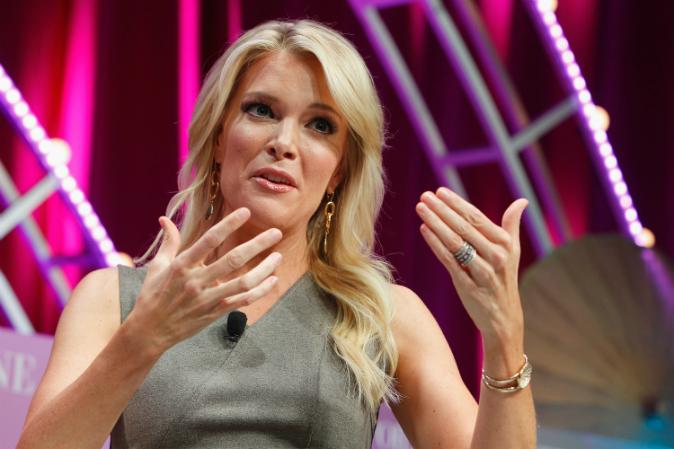The rapid growth of technology in our society has inevitably made its way into classrooms, spurred on by educators across the nation.
School districts continue to find ways to integrate technology into their lesson plans and equip classrooms with computers, iPads, and SMART Boards.



